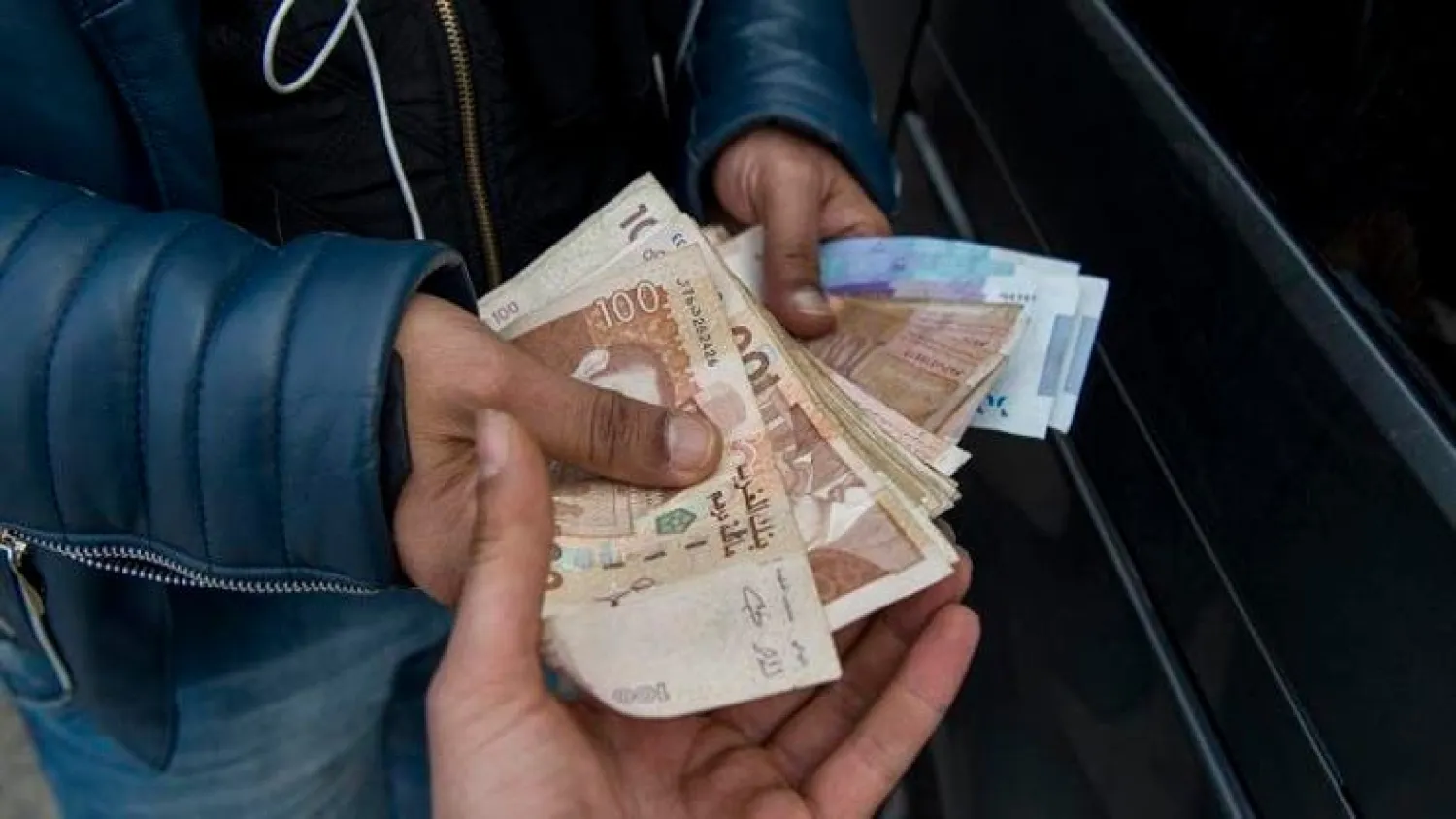The International Monetary Fund (IMF) reiterated on Tuesday its call on Morocco to move towards a greater exchange rate flexibility with a view to strengthening the economy’s resilience to external shocks and boosting competitiveness.
In a staff report on the Executive Board Conclusion of 2019 Article IV Consultation with Morocco, the IMF welcomed the beginning of the transition to a more flexible exchange rate launched in January 2018 as describing it as “successful” calling on Morocco to take the next step in the gradual transition.
The authorities concurred that preparations for the reform have essentially been completed and that conditions remain supportive of a gradual and orderly exchange rate regime transition.
The report noted that while remaining committed to pursue the transition, authorities will wait for the opportune moment to move, in the context of a well-structured communication strategy to ensure that economic agents, in particular, SMEs, are fully aware of the potential foreign exchange risks and able to manage them
The Fund noted that a more flexible exchange rate “will help preserve reserve buffers and competitiveness, as the economy will be better positioned to absorb external shocks.”
It also welcomed the recent adoption of a comprehensive financial inclusion strategy, which will ensure that the financing needs of underserved groups and small and medium-sized enterprises are better addressed.
The report noted that current conditions remain favorable for a continuation of this reform for preventive purposes, as it will help the economy absorb potential external shocks and preserve its external competitiveness.
A more flexible exchange rate “will help preserve reserve buffers and competitiveness, as the economy will be better positioned to absorb external shocks.”
Morocco could post a growth rate of 4.5 percent in 2024 from 3 percent in 2018 if it continues on the path of reform and inclusive growth.
“Morocco’s medium-term prospects remain favorable, with growth expected to reach 4.5 percent by 2024.”
However, the outlook is subject to "significant" domestic and external risks such as delays in implementing economic reforms, higher oil prices, geopolitical risks and lower growth in key partner countries.
Directors stressed the importance of sustaining the pace of structural reforms to move toward a more private-sector-led and inclusive growth model while reducing inequalities and protecting the most vulnerable.
They emphasized the need to revamp labor market policies and implement education reforms to help create job opportunities, especially for women and youth.
While they welcomed the ongoing improvements to the business environment, they encouraged continued efforts to strengthen governance and fight corruption.
The Moroccan banking sector is “sound and resilient,” described the IMF, while stressing the need to remain vigilant given the increasing complexity and cross-border expansion of Moroccan banks, which combined with further exchange rate flexibility, could introduce new risk factors.
Tensions originated in the northern region of the Rif in 2017, due to perceptions of corruption and demands for better access to health services and jobs, and greater public investment.
In early 2018, tensions also reflected domestic gas price increases, and a boycott organized through social media targeted certain products and prominent politicians with business interests.
In response, the authorities took steps to accelerate social programs and investment projects and renewed efforts to strengthen public accountability. Protests have now abated, but addressing the sources of social discontent is likely to take time.









